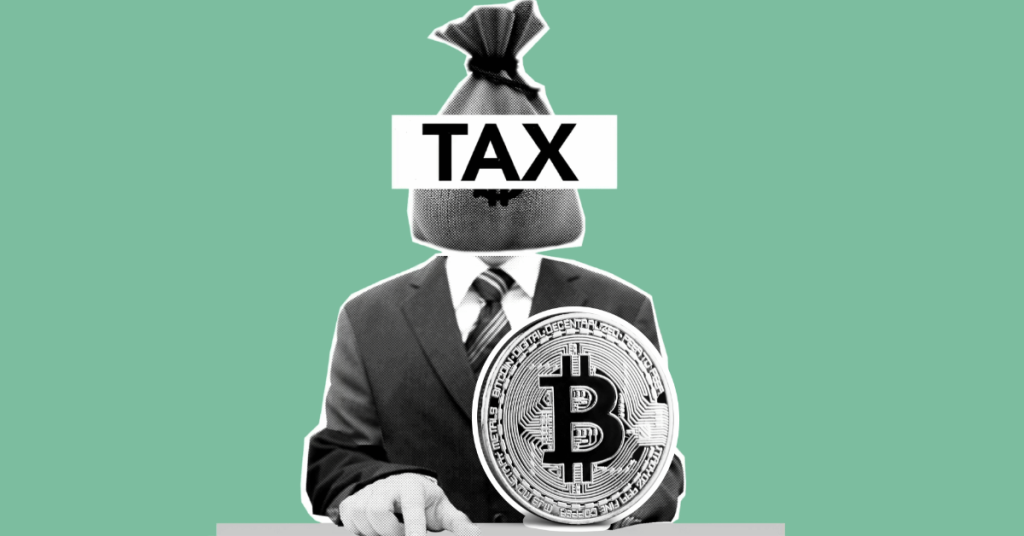
The post Crypto in the UAE Just Got a Tax Break : No More VAT on Digital Assets! appeared first on Coinpedia Fintech News
The UAE has once again planted itself in the spotlight for crypto space. While most of the countries are struggling to give crypto its space in the economy, UAE is leading by setting various examples. This time the UAE has brought big changes to its tax rules for crypto. On October 02, the Federal Tax Authority (FTA) made an announcement about new updates to Value Added Tax. Transfers and conversions of digital assets, including cryptocurrencies, are now exempt from VAT. This update even applies retroactively to transactions dating back to 2018.
What’s the Deal With Virtual Assets and VAT?
If you’re running a business in the UAE that deals with virtual assets—like buying, selling, or converting crypto—this change could mean you owe less tax. And the best part? It applies retroactively from January 1, 2018, which could lead to some major tax savings.
But there’s a bit more to it. If your company has been paying VAT on these transactions since 2018, you might want to take a closer look at your old tax returns. There could be a chance to correct past filings and claim back VAT that you shouldn’t have paid in the first place. This process is called input VAT recovery, and it allows businesses to get back the VAT they’ve already paid on business- related expenses.
New VAT Rules for Exports and Services
The changes don’t just affect crypto companies. Exporters in the UAE will also see some shifts in how they handle VAT. It’s now easier to apply the zero VAT rate when exporting goods, as the documentary requirements have been relaxed. On the flip side, exporting services—especially those tied to real estate or digital activities—may now be subject to the standard VAT rate.
VAT Exemptions for Investment Funds
It’s not just crypto businesses celebrating these changes. Investment funds are also getting a VAT break. Fund managers, and those running licensed investment funds, can now benefit from VAT exemptions, which could lower their operating costs. These savings might help investment firms reinvest in their growth, especially when working with services from outside the UAE.
What’s Next for Crypto Regulations?
Aside from the tax updates, the UAE is tightening its regulations on cryptocurrencies. Dubai’s Virtual Asset Regulatory Authority (VARA) is teaming up with the Securities and Commodities Authority (SCA) to monitor crypto businesses more closely. If you’re in the business of promoting virtual assets, you’ll need to make sure you include a disclaimer in your marketing materials. It must warn that virtual assets can be extremely volatile and might lose value quickly.
What Should Businesses Do Now?
These updates are a game-changer for companies in the UAE—especially those dealing with crypto. Whether you’re managing virtual assets or running an investment fund, now’s the time to review your tax strategy. By adjusting to these new regulations, businesses could save money and avoid unnecessary complications in the future. And with the UAE aiming to be a global hub for digital assets, keeping up with these changes is key to staying competitive.
















